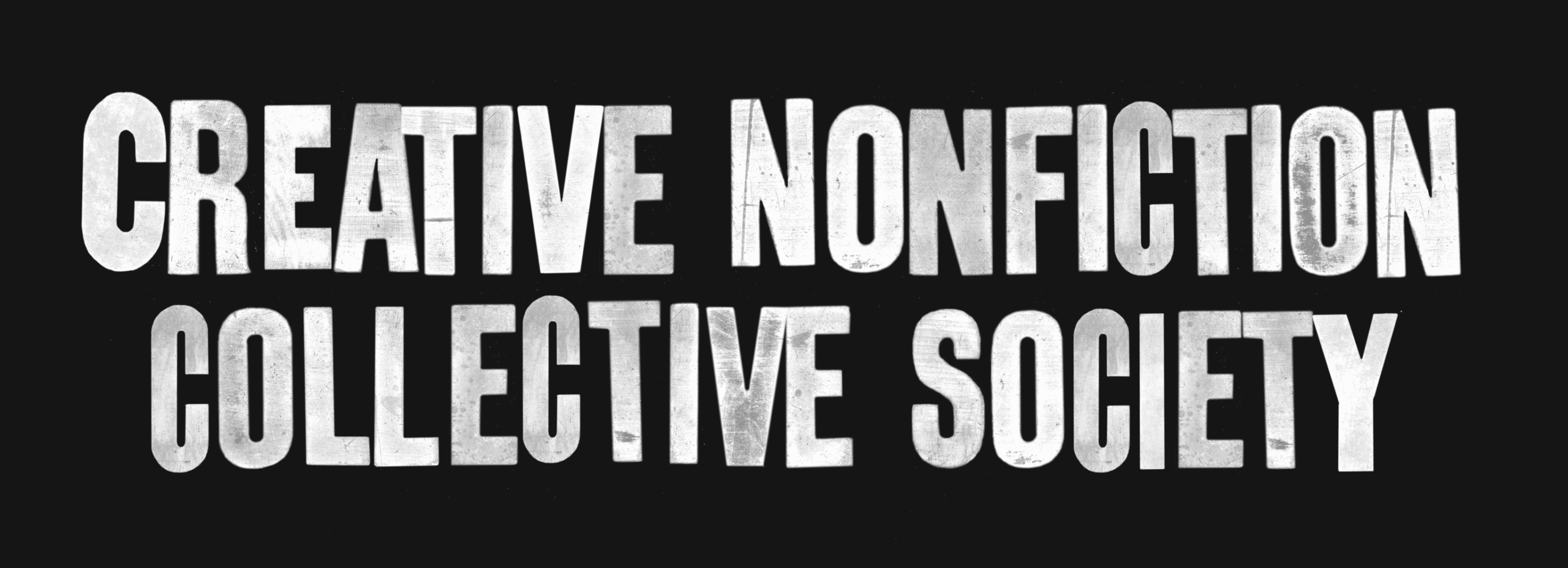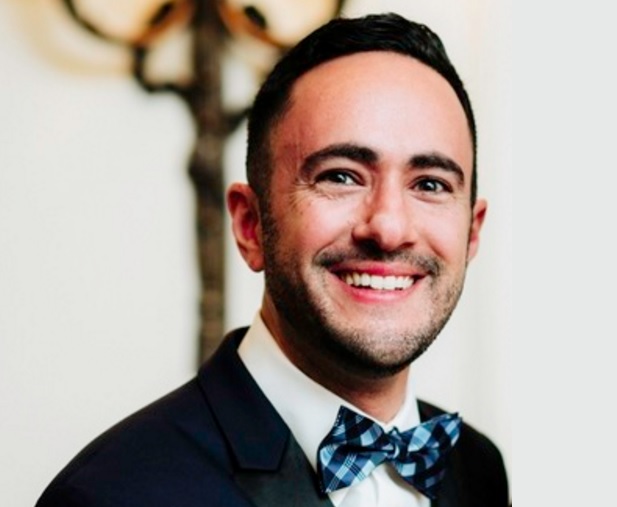Joshua Levy was the winner of the 2017 CNFC/carte blanche creative nonfiction prize and will be one of the readers selecting the 2018 shortlist.
Below he offers insight into the power of the CNF genre and words of encouragement for those hoping to submit this year.
‘I find the translation of reality into prose to be deeply satisfying’
CAN YOU TELL US ABOUT YOUR WINNING PIECE AND WHAT YOU THINK MADE IT STAND OUT?
My piece is about sitting in a park and reflecting on whether to stay broken-up with my girlfriend. On its surface, it has no plot, virtually no dialogue, and no movement (95% of the story takes place with the protagonist sitting mute and motionless on a bench). And yet, the short piece is packed full of everything under the sun: riots, extinction, Nazis, family history, etc.
I think what made the piece stand out is that the story takes the conventional writing maxim of “show, don’t tell” to the extreme. The protagonist actually spends the entire story doing everything but directly reflecting on whether to stay broken up with the girlfriend.
While he seems to be purposely avoiding addressing the central issue of this story, his subconscious is in overdrive attempting to glean insights and draw parallels between his present, past, and desired future. Because the story plays with these relationships in time, the very short piece feels more epic in scope than its humble plot would suggest. This is why I named it “A chaotic jumble of infinite possibility.” Even mundane moments are packed with spectacular possibilities.
WHAT MAKES A CREATIVE NONFICTION PIECE STAND OUT FROM THE CROWD, AND WHAT WILL YOU BE LOOKING FOR WHEN YOU READ THIS YEAR’S SUBMISSIONS?
Creative nonfiction is about looking at reality from an original angle. The topic is irrelevant; it’s how the story is told. I will be looking for stories that move me, plain and simple. I will also be looking for authors who fully understand what their story is ultimately about, and who make tough editorial choices to protect their truth from the distractions of superfluous facts.
ARE THERE DIFFERENT CONSIDERATIONS WHEN SUBMITTING TO A CNF CONTEST VERSUS THOSE CENTRED AROUND OTHER GENRES?
I don’t think so. Compared to fiction, creative nonfiction has the pesky added responsibility of not misrepresenting what actually happened. However, CNF gives ample cover for creative solutions.
Many creative nonfiction pieces can also be submitted to the fiction genre. In this sense, it doubles the opportunities for writers to submit their work.
IN ADDITION TO THE CNFC WIN, YOU WERE LONG-LISTED FOR THE CBC NONFICTION PRIZE. HOW HAVE THESE EXPERIENCES CONTRIBUTED TO YOUR LITERARY CAREER?
Until a couple of years ago, I wrote exclusively fiction, and I still employ many of the literary techniques of fiction writing to my nonfiction. The positive reaction to my creative nonfiction has made me realize that there are endless true stories waiting to be told. I find the translation of reality into prose to be deeply satisfying. It has opened up many doors for my literary career.
For example, I have recently written commissioned CNF pieces for literary journals, been asked to tell CNF stories on CBC Radio shows, and been invited to tell CNF stories at live events, festivals, and even for a museum.
WHAT’S YOUR FAVOURITE ONLINE WRITING CRAFT WEBSITE/RESOURCE?
I love the Paris Review “Art of Nonfiction/Fiction/Poetry” series. They have been conducting extended interviews with the best writers in the world since 1953. It’s a treasure trove.
I also really enjoy the New Yorker’s fiction podcast. Each episode has a famous writer reading another famous writer’s short story and then analyzing what they think makes that piece work so well. I wish that the podcast included nonfiction writers, too, but the mechanics of great writing transcend genre.
WHAT PIECE OF ADVICE CAN YOU OFFER NEW AND EMERGING WRITERS WANTING TO ENTER THIS YEAR’S CONTEST?
You won’t win any competition that you don’t enter. So, enter! Also, don’t be discouraged if you don’t win. My winning entry was rejected by other competitions and magazines before it won a grand prize. The final ingredient to success is, unfortunately, luck.
The solution? Keep submitting! Each time you submit your story somewhere, you’re increasing your chances of getting lucky. Your talent should eventually get noticed — but only if you’re willing to play the numbers game and absorb a pile of rejections. Stay strong.
Joshua Levy is a storyteller. He and his wife split their time between Montreal, Toronto, and Lisbon, Portugal.

